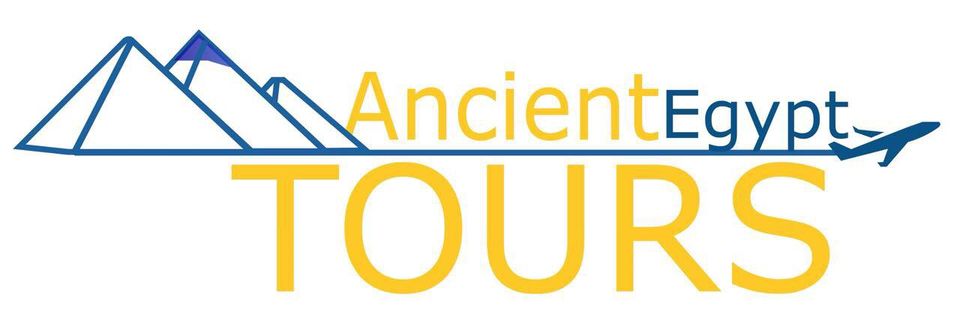Qasr Al-Eini Museum
Qasr Al-Eini Museum is a prominent museum located in the heart of Cairo, Egypt. The museum houses a vast collection of valuable artifacts and items related to the medical field. It was established in 1827 as the first medical school in Egypt, and later in 1903, it was converted into a museum by royal decree. The museum was named after the palace of Qasr Al Eini, which is located on the same grounds.
The museum is divided into several sections that showcase different aspects of the medical field, including ancient medical practices, the evolution of medicine in ancient Egypt, and the development of modern medicine in Egypt. The museum’s exhibits display a range of historical medical instruments, books, and documents, including The Canon of Medicine by Abu Ali al-Husayn Ibn Sina (Avicenna), an early medical encyclopedia.
One of the most notable features of the museum is its collection of mummies, which represent the early medical practices of the ancient Egyptians. In addition to mummies, the museum also houses several rare anatomical specimens, including brain and heart models that were used for teaching purposes. The Qasr Al-Eini Museum is renowned for its comprehensive collection of antique medical equipment, including surgical tools, X-ray machines, and other instruments used by doctors throughout history. Visitors can see how medical procedures have evolved throughout time and how advances in technology have had a significant impact on the field of medicine.
Overall,
the Qasr Al-Eini Museum provides a fascinating glimpse into the history of medicine and the role it played in shaping the modern world. Through its extensive collection of historic items and educational exhibits, it offers a unique insight into the evolution of medicine and highlights the significant contributions made by ancient Egyptians to the field of medicine. Visiting the museum is an excellent way to appreciate the rich heritage of medical science and gain a deeper understanding of the role of medicine in society.




Comment (0)